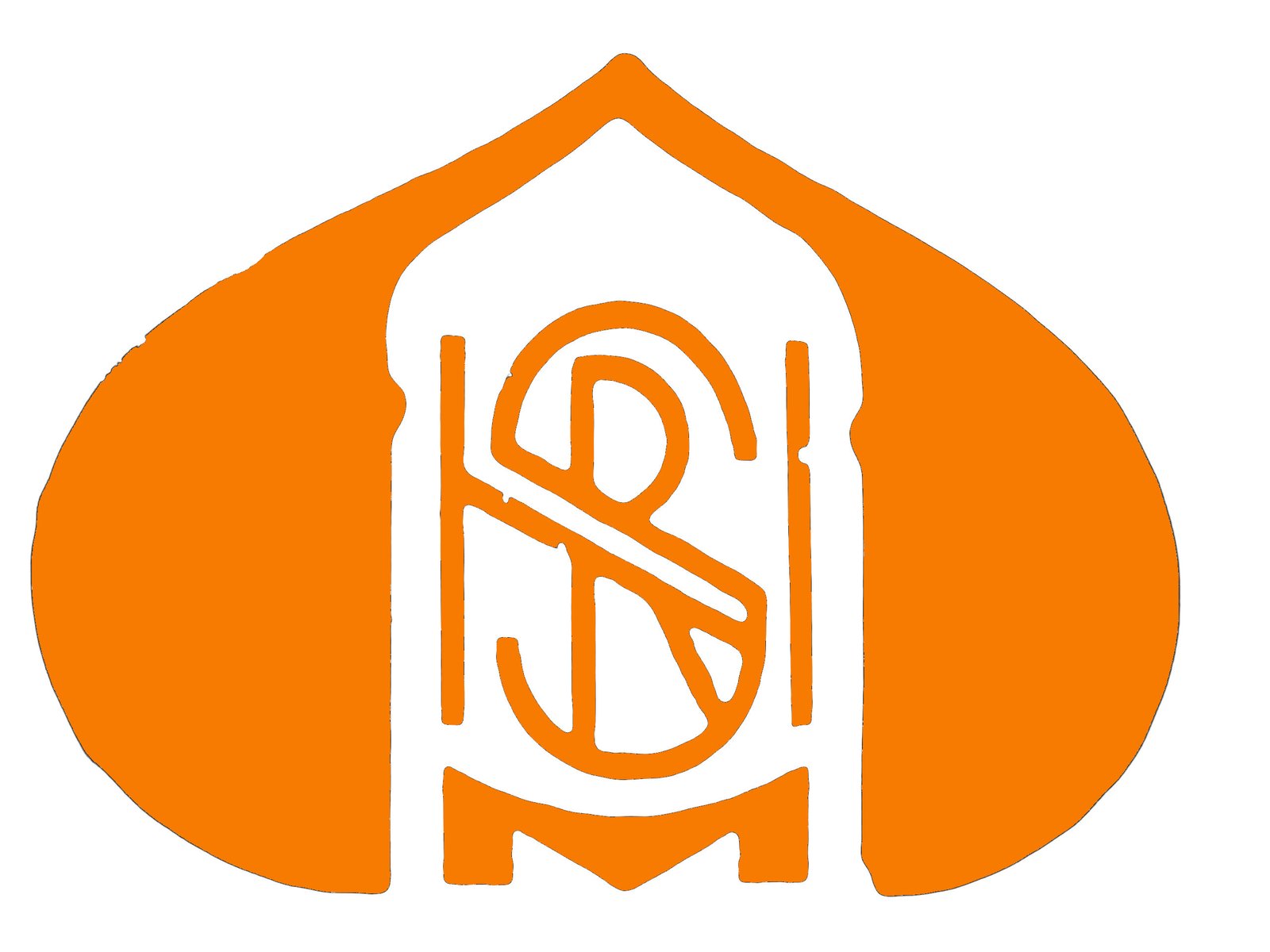Nazra
Nazra (also pronounced Nadra) is a direct Quranic name for girls that means means “glow and happiness of the face”. It is used in the Quran in two places: So Allah will save them from the evil of that Day and has secured for them radiance and joyfulness (Quran 76:11)
Eligibity & Specification
- Adimissions are allowed only if children between 3 to 5 year
- Childrens are allowed from class Junior & Senior KG
- Childrens are allowed from near by locality only




